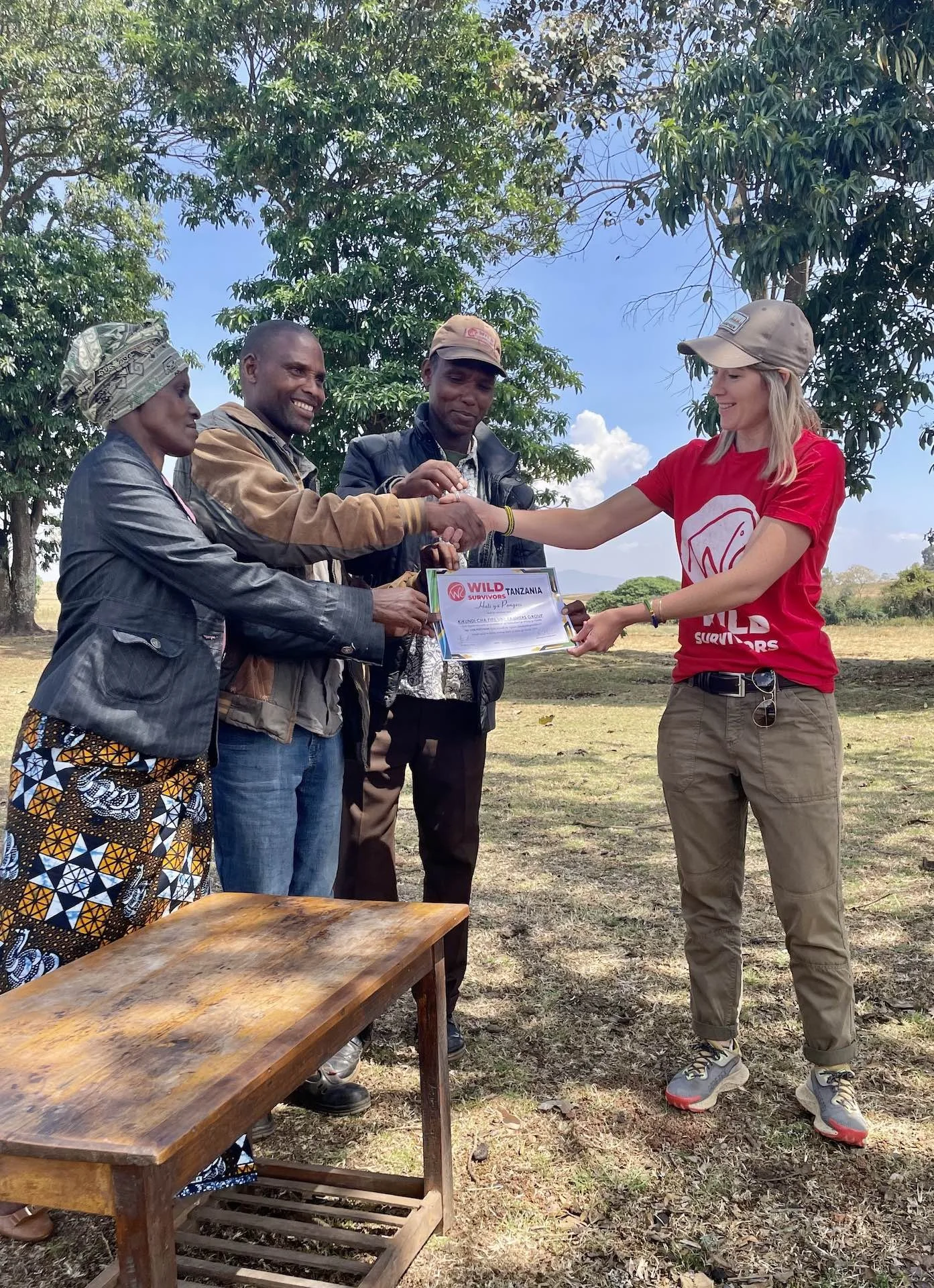Urgent interventions needed to protect habitat and wildlife
Wildlife conservation has suffered as a result of COVID-19 halting tourism revenue for protected areas. This normally accounts for 18% GDP in Tanzania. Meanwhile, the country is recovering from losing sixty-per cent of its elephant population following the recent poaching epidemic.
A report released by WWF says that wildlife is in “catastrophic decline” at a rate never seen before. Featured in the BBC’s article by Helen Briggs, Dr Andrew Terry, director of conservation at the Zoological Society of London (ZSL), stated,
“If nothing changes, populations will undoubtedly continue to fall, driving wildlife to extinction and threatening the integrity of the ecosystems on which we depend.”
Wild Survivors partner with communities who live alongside wildlife and key habitat zones. Our new initiative will analyse corridor ecology and monitor elephant movements. While also introducing alternative fuel solutions and permaculture. This aims to reduce villager dependency on natural resources, often used in an unsustainable way.
“Urgent interventions are required to protect biodiversity in Tanzania. We need to preserve the remaining corridors to safeguard a future for elephants. Ensuring community welfare is at the heart of habitat conservation, supported by reliable funding sources, brings us closer to achieving this,” says Francesca Mahoney, founder of Wild Survivors.
Help protect the wildlife corridors by providing urgent logistical support to the field team and community.
CRUCIAL CONNECTIVITY FOR ELEPHANTS
The Upper Kitete elephant corridor where our latest community projects is focused, provides important connectivity for elephants who must travel hundreds of miles in search of food, water and safety. Elephant migrations also creates genetic diversity essential for species survival. Protecting the corridor’s natural resources is also key to enhancing human-elephant coexistence.
The Elephant Crisis Fund (ECF) has recently expanded its portfolio to include human-elephant conflict as a new pillar, recognising it is a high-priority conservation challenge across the African continent. Wild Survivors is one of the first projects to be awarded under the new pilot grant.
“We are delighted to receive ECF’s support at a hugely important time for elephant conservation in Africa,” said Francesca Mahoney. “Receiving this recognition boosts awareness and momentum for the funding of our community-led conservation projects in Tanzania.”
Keep up to date with the Wildlife Corridor initiative, by following us on facebook and instagram.


